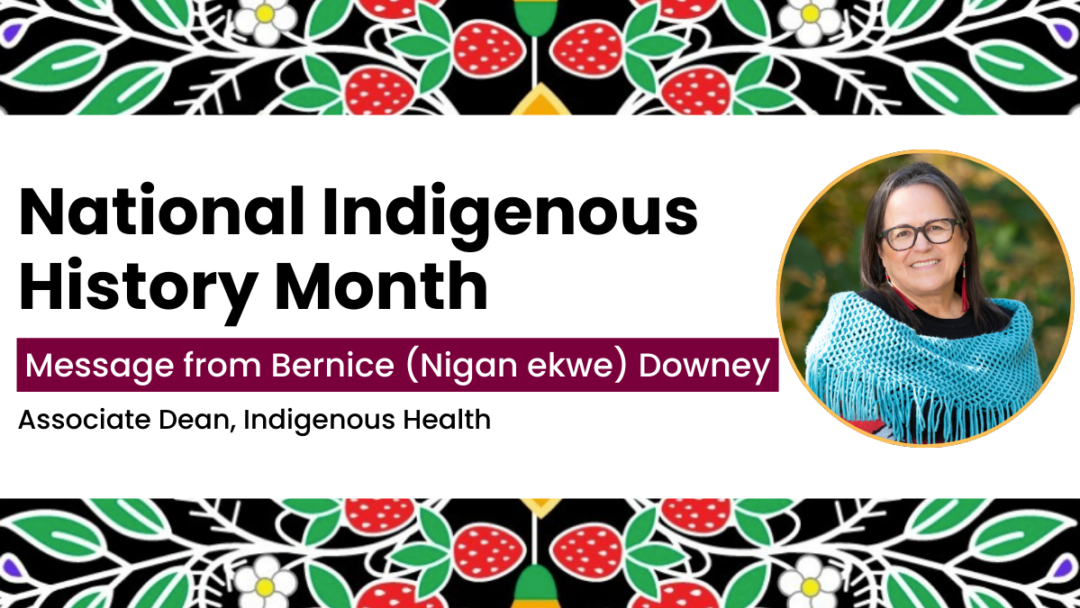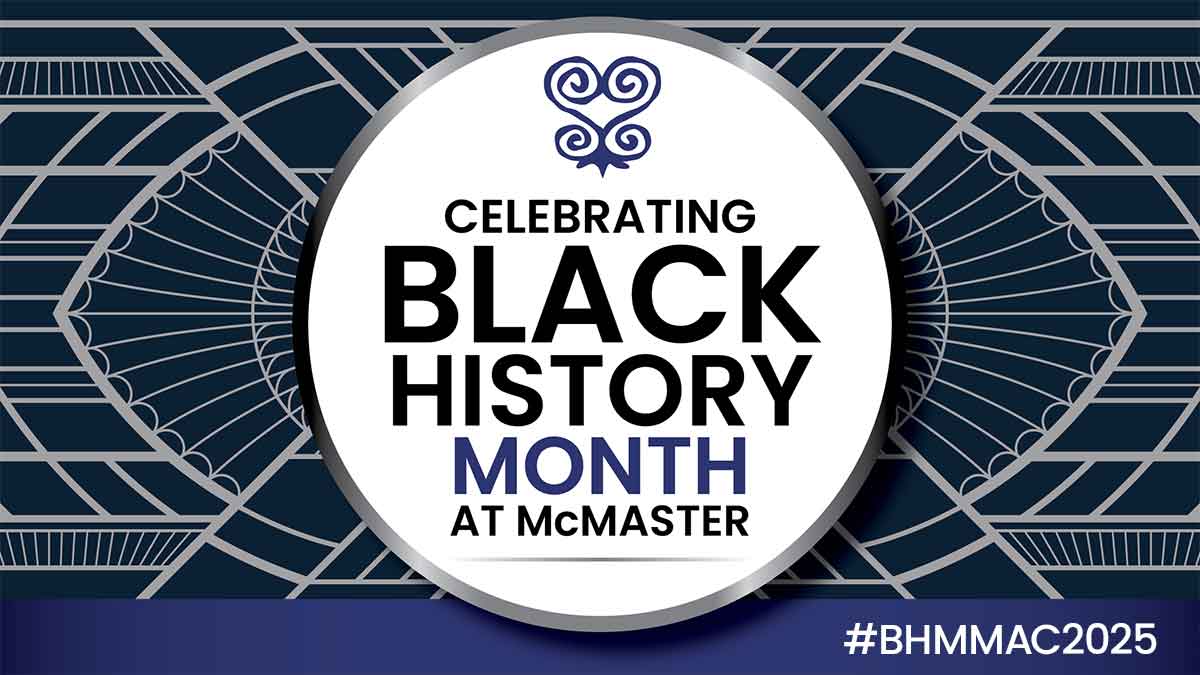Reconciliation message for National Indigenous History Month

“The strawberry teaches forgiveness and peace. It is shaped like a heart and strawberries are known to our people as heart (Odaymin) berries.” (Elder, Lillian Pitawanakwat)
June is the month of the Strawberry Moon and a time for reconciliation teachings.
The heart berry provides a teaching about the connection between the mind, body, spirit and emotions. We need our heart to guide us in order to maintain personal balance. Traditional practitioners use the strawberry plant to treat digestive disorders, skin problems and to strengthen the uterus during and after pregnancy. The fruit and leaves are also an excellent source of Vitamin C.
The heart berry also reminds us of reconciliation and about the importance of maintaining heartfelt relationships. Many people and communities have annual feasts, and welcome community or family members home. There is a letting go of differences, judgements and self-righteousness.
Indigenous values related to our collective reconciliation work here in the Faculty of Health Sciences (FHS) include those of the Seven Grandfather teachings. An Anishinaabe philosophy is that through living well, life continues to improve and that the teachings remind us how to do that. The teachings include:
- Nibwaakawin – Wisdom
- Zaagidiwin – Love
- Minwaadendamowin- Respect
- Aakodewewin – Bravery
- Debwewin – Truth
- Dibaadendiziwin – Humility
- Gwekwaadiziwin – Honesty
Some of these values may also be a part of non-Indigenous cultural worldviews and it is in this shared space that we also find a shared humanity. As we work collectively in the Faculty of Health Sciences on reconciliation-focused goals and objectives, we hold potential to also foster and strengthen trusting relationships through the recognition that we are all in it together.
Our values and worldviews are often intertwined like the heart berry root system.
An ecosystem or a biological community is comprised of interacting organisms in a physical environment including plant-life, animals, weather and landscapes. The interaction is complex and is connected to energy, such as the sun. So too is the ecosystem of reconciliation in an institution. Our experience of working towards reconciliation within the faculty can be viewed as multi-directional, multi-layered interactions within an ecosystem. This environment is not without potential for knots, twists and turns – a disruption of the status quo in a dominant ecosystem that has been present for many, many years. Disruption can be challenging to understand and the unravelling of an existing system to create space for another one can be met with resistance and conflict. It is to be expected and if we can embrace it, dialogue about it and draw on our shared values – we move closer to a reconciliation-based ecosystem. One that promotes diversity, equity, Indigeneity and harmony.
June is also National Indigenous History Month in Canada. It is promoted as an opportunity to learn about the diverse and unique First Nations, Inuit and Métis cultures. Faculty and staff in the FHS, can take an active Ally approach to learn more about Indigenous history through many resources that are available including these learning resources about First Nations, Inuit and Métis across Canada.
Finally, June is also about convocation and the celebration of our health sciences learners who have concluded their rigorous health sciences programs. On June 5, Indigenous graduands across campus came together in our Indigenous graduation event at the L.R. Wilson Theatre. Family members, faculty, alumni and administrators came out to proudly honour and celebrate with them.
Congratulation to all of our FHS graduates and all the best in your future endeavors!
Community & CultureRelated News
News Listing

Black History Month message from Saroo Sharda, associate dean of equity and inclusion
Community & Culture, Equity, Diversity and Inclusion, Feature
January 28, 2025

McMaster University expands YouTube Health collaboration with bilingual mental health series
Community & Culture
January 21, 2025

Daily News ➚
$1M alumni gift from Henry and the late Sylvia Wong fuels advancements in health sciences
Community & Culture
January 9, 2025
